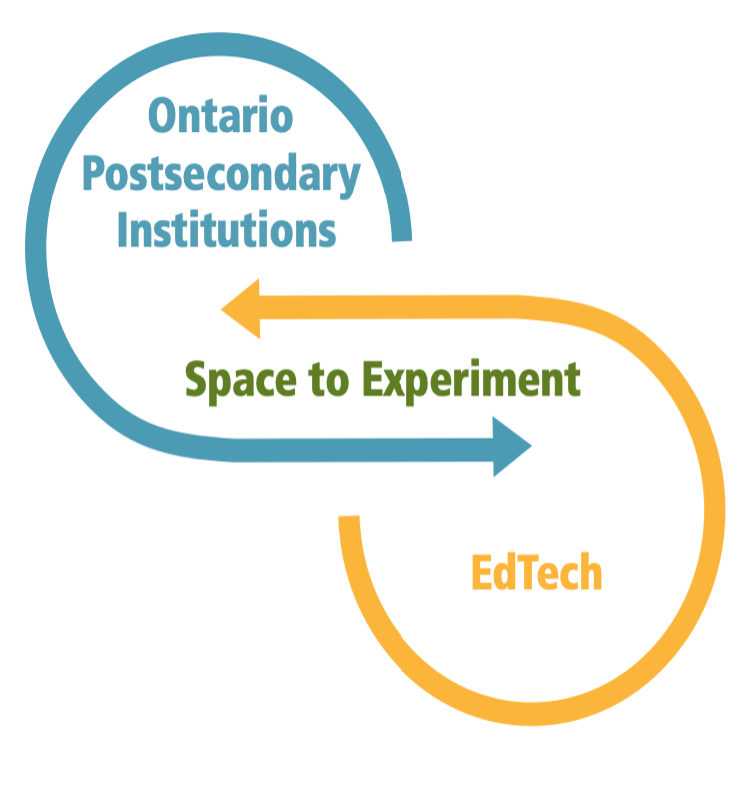 As part of their new Virtual Learning Strategy, eCampusOntario is facilitating access to new platforms and tools for use in post-secondary courses through a “Sandbox” program. The University of Toronto successfully applied for licences for three tools that have been identified by instructors as having potential to enhance student learning. The licences are available to learners until April 2022. Instructors and learners will be invited to participate in evaluation activities to support informed planning for introduction of new educational technologies both at the University of Toronto, and in future eCampusOntario initiatives.
As part of their new Virtual Learning Strategy, eCampusOntario is facilitating access to new platforms and tools for use in post-secondary courses through a “Sandbox” program. The University of Toronto successfully applied for licences for three tools that have been identified by instructors as having potential to enhance student learning. The licences are available to learners until April 2022. Instructors and learners will be invited to participate in evaluation activities to support informed planning for introduction of new educational technologies both at the University of Toronto, and in future eCampusOntario initiatives.
The tools being piloted include:
Hypothes.is (1000 licences)
This online social annotation tool allows users to annotate openly on websites, blogs, online journals, and news articles. Hypothes.is allows users in groups to share online text, resources, links, and annotations. It can be used as a private note-taking and critiquing tool or a collaborative annotation tool. Instructors from a range of disciplines and program areas have asked to pilot Hypothes.is over the next two terms.
Pivot Interactives (1000 licences)
As an alternative for virtual labs, this platform is based on interactive videos and recorded lab experiments than animations or simulations. Each activity shows actual footage of experiments taking place, giving learners opportunities to make real observations and collect real data rather than just watching a simulation. The labs cover biology, chemistry, physics, and earth science topics and can be fully customized to suit a teacher’s needs. In addition to use in the Human Biology program, Pivot Interactive labs are also being used in teacher education courses at the Ontario Institute for Studies in Education.
Miro (1000 licences)
Instructors and students are using this is online collaborative whiteboard platform to enable teams to work effectively together, from brainstorming with digital sticky notes to planning course project activities and presentations. In addition to visual documentation and annotation tools, the platform features interactive communication tools for learners, as well as a meta-view for the instructor that allows observation of activity across all teams or a zoom in on a specific team activity. Miro is being used for design-oriented courses in architecture and engineering.
For more information contact: digital.learning@utoronto.ca.